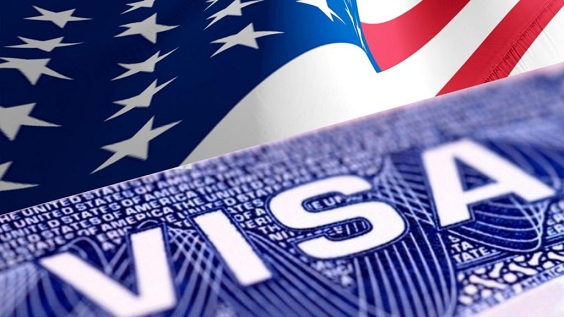The United States government has revised its visa reciprocity policy for Ghana, limiting the duration and number of entries permitted under most non-immigrant visa classifications.
According to the U.S. Department of State – Bureau of Consular Affairs, holders of A-class visas; primarily diplomats and government officials, will continue to receive multiple-entry visas with validity ranging from 24 to 60 months.
Similarly, the K1 visa, issued to the foreign-citizen fiancé(e) of a US citizen intending to marry within 90 days of arrival in the United States, and the K2 visa, granted to the unmarried dependent child (under 21 years old) of a K1 visa holder, are both single-entry visas valid for a six-month period.
The K3 visa, for the foreign-citizen spouse of a US citizen, and the K4 visa, for their unmarried dependent child (under 21 years old), are both multiple-entry visas valid for 24 months.
All other visa applicants, including those applying for B-class visas, which cover business and tourism travel, will now be issued single-entry visas valid for just three months.
The updated guidelines, published under the U.S. Visa: Reciprocity and Civil Documents by Country for Ghana, also affect student visa applicants. F-1 visa holders, who are typically enrolled in full-time academic programmes in the U.S., will now be issued visas that allow for only one entry and expire after three months.
This marks a change from previous arrangements, under which many Ghanaian travellers were eligible for multiple-entry visas valid for one to five years.
The revised policy is part of a wider global framework in which the United States applies visa terms based on reciprocity, matching the visa conditions other countries offer to U.S. citizens. It follows a similar change recently implemented for Nigerian nationals.
While the U.S. government has yet to issue an official public statement on the rationale behind the change for Ghana, such shifts are often linked to bilateral diplomatic considerations, immigration policy enforcement, or updated national security assessments.
The new policy means that Ghanaians intending to make multiple trips to the United States for business, education, or tourism may now need to apply for a new visa for each trip, potentially increasing costs and processing burdens.
-Graphic-





